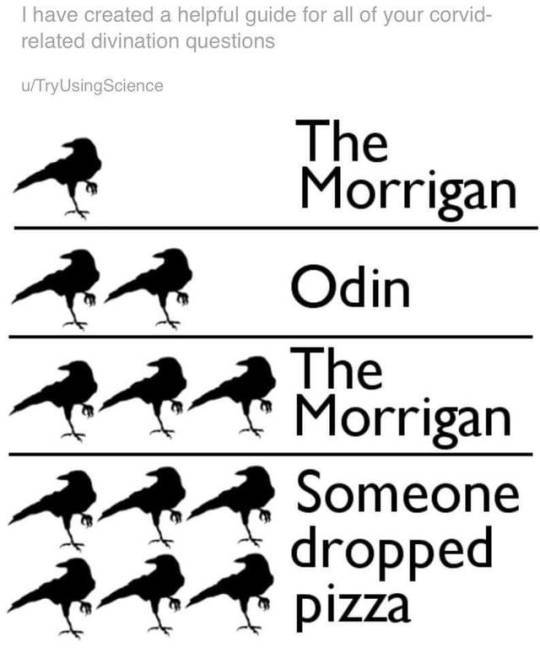Wheelchair user. She/Her pronouns. Hopelessly eclectic in her polytheism. Expect gods related content and complaints about the indeterminacy of archeological resrarch
Don't wanna be here? Send us removal request.
Text
One of the most healing things I’ve strove (striven?) to do in my life is viewing sex as just another thing people do, among a host of other things like eating and pooping and playing with cats.
Our entire society, feminists and puritans alike, pushes the idea that sex is uniquely powerful and dangerous, capable of inflicting The Worst Trauma or the Highest Fulfillment, and that’s…just flat out untrue. Other experiences can cause similar trauma: violence, disasters, war, instability. Other experiences can result in transcendent pleasure: trance states, live music, non-sexual intimacy, tattoos.
I think this is where the disconnect in perception about sex positivity comes from, because the phrase itself makes people who already view sex as being uniquely powerful think sex positivity means viewing sex as uniquely good, when actually…it’s mostly about taking sex off that pedestal. Normalizing sex. Making it into just another thing people do. Because that’s the first step in making sure people can engage with sex on their own terms in a healthy way.
Taking sex off its cultural pedestal was the thing that allowed me to overcome the deeply-instilled shame I developed from being raised within Christian purity culture, and from being queer, and from existing as a woman. I think a failure to do that, in feminist circles, often leads to an overblowing of the (very real) harm that sex has the potential to do at the exclusion of other problems facing women and other marginalized groups, which often leads to more shaming rhetoric - just rhetoric that shames different people for different reasons.
Sex is not the enemy and it’s not our savior. It’s just one more thing people can do with their bodies.
48K notes
·
View notes
Text
Assuming the gods are going to be jerks has actually hurt me spiritually. They are not the Christian god, but many of Them can, in fact, be very kind and compassionate. Even the ones who are not “touchy feely.”
1 note
·
View note
Text
Gentle reminder that worship isn’t always pretty.
It’s really easy to get caught up in all the pretty posts online about successful communication and aesthetically pleasing rituals. Remember that most people only post their highlight reel online.
I would say I’m a pretty avid follower of Apollo (who would have guessed, right?) and I find myself only posting the good parts of my practice online as well.
For the last 2 weeks, Apollo completely disappeared from my life. No communication, no happy feelings, nothing. I didn’t mention it, because I felt guilty that I did something wrong to cause him to go away. As always, he returned and our relationship is stronger than ever.
All I’m saying is, it’s not always pretty, it’s not always easy. YOU ARE DOING ENOUGH. Even if you doubt your practice, even if you feel like your gods aren’t pleased, they are SO proud of you. They are proud whether you do a full ritual, or if you only have time to listen to a song that makes you think of them.
You are enough. Your practice is enough.
423 notes
·
View notes
Photo

From the Dialectical Behavior Therapy Skills Handbook [pdf]
134K notes
·
View notes
Video
“If you love something, set it free..”
(Source)
35K notes
·
View notes
Text
Thank You
Asherah, Rhiannon, Sophia. I know You helped.
I love You.
1 note
·
View note
Text
a polytheistic worldview/theology is comforting in that deities/gods are neither omniscient nor omnipotent; there are gaps in their power and influence, holes in their knowledge, secrets even they do not know. there is not a claim to wholeness/totality, but a fractured knowing and experience that is richer for all of the bright, sharp edges.
2K notes
·
View notes
Text

Statue of Aphroditus
Roman, Imperial. 2nd century AD.
In Greek mythology Aphroditus was a male Aphrodite from Cyprus. A divinity, half male, half female, uniting in itself the active and passive functions of creation, a symbol of luxuriant growth and productivity.
Ancient literature suggests that the figures represent the androgynous Cypriot deity Aphroditus whose cult was introduced into mainland Greece between the 5th–4th century BCE. The revealed phallus was believed to have apotropaic magical powers, averting the evil eye or invidia and bestowing good luck.
In later mythology became known as Hermaphroditus, the son of Hermes and Aphrodite.
(Louvre Museum.)
4K notes
·
View notes
Photo
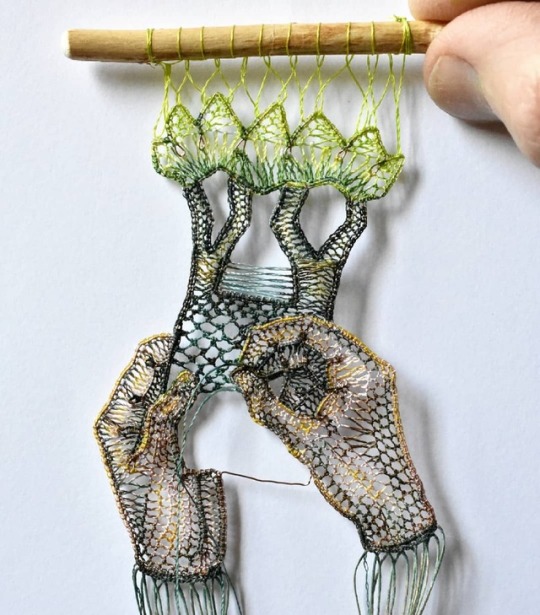
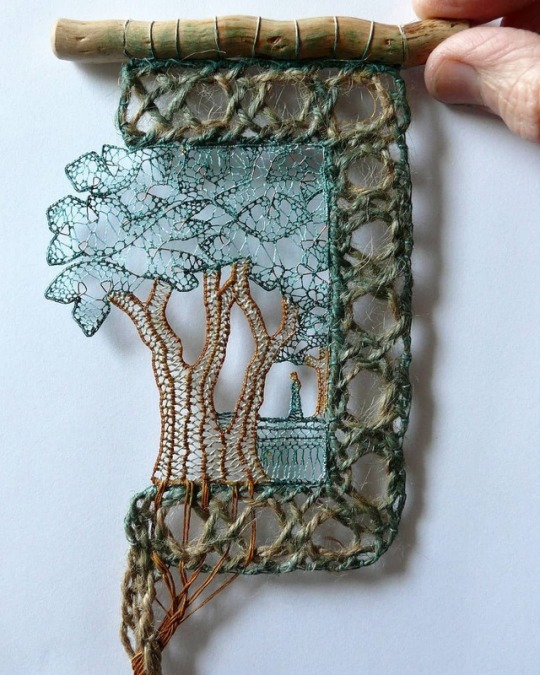
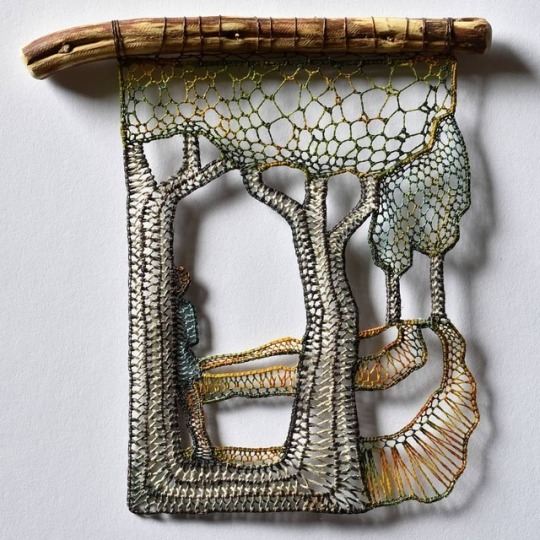
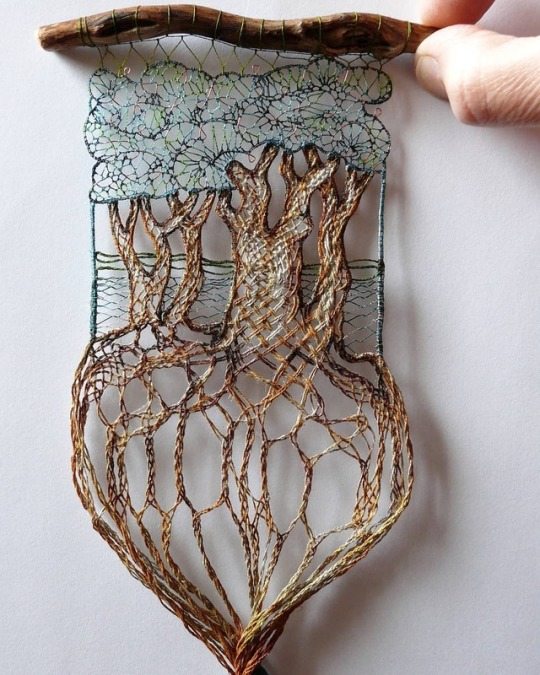
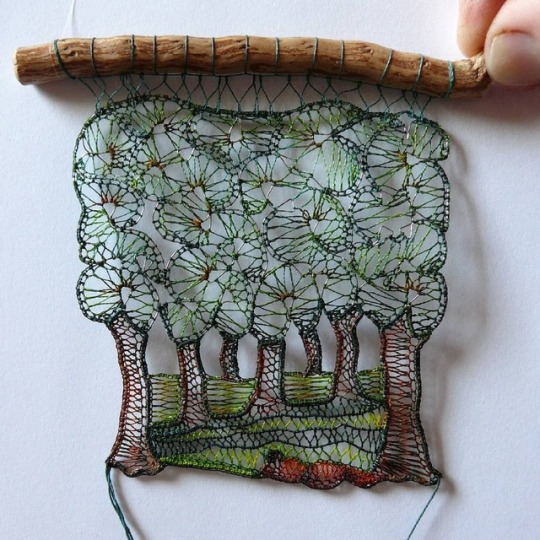
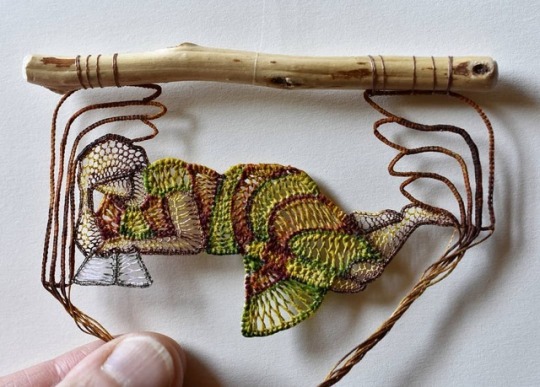
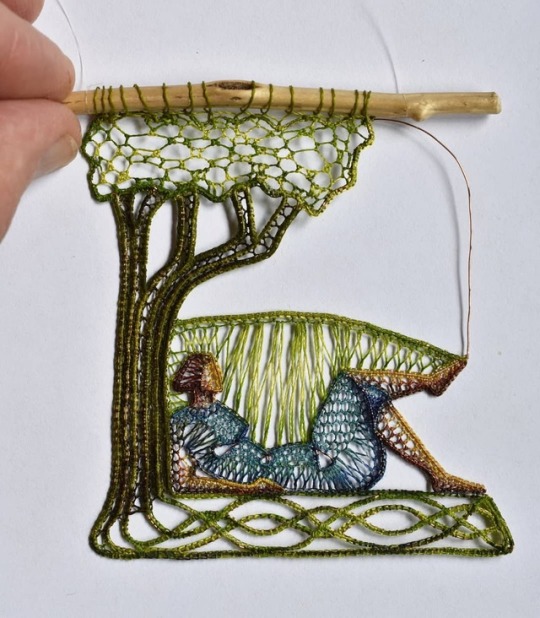
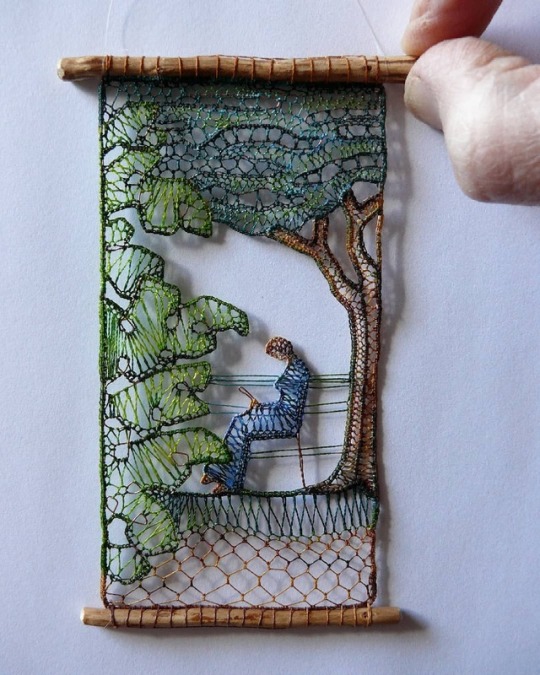
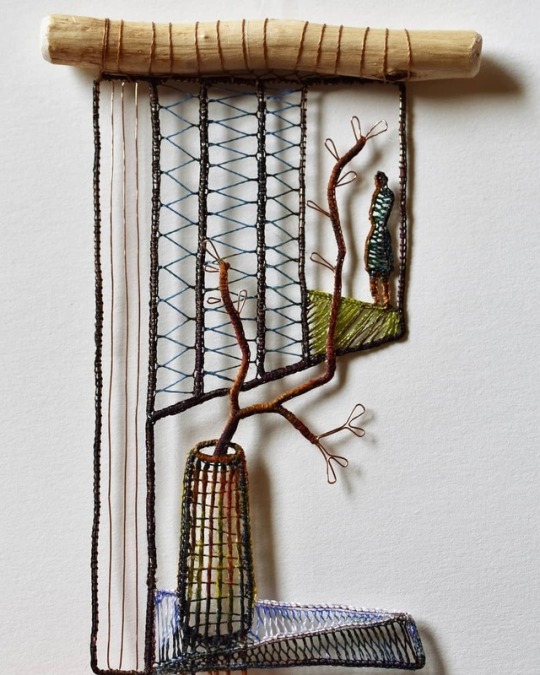
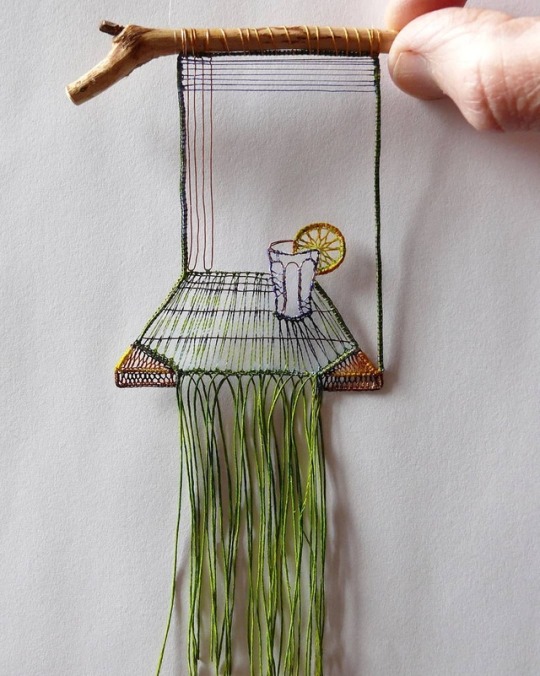
Ágnes Herczeg on Instagram
Follow So Super Awesome on Instagram
5K notes
·
View notes
Text
Like, it’s not a popular take these days in certain pagan/polytheist circles, but I’m starting to think that the gods (in general) do like humans to call out to Them. Maybe the reason humans from time immemorial have prayed and worshipped is that They (in general) respond; maybe This is evidence of a co-evolution, in which both parties benefitted from relationship with the O/other and so the contact continued/continues. Otherwise, why bother with something that both parties don't find worthwhile in at least some way? Like anything else said of the gods, it’s by definition tentative. Of course, individuals may differ greatly. It seems likely that certain gods are more interested in human beings and human affairs than others. But then, that’s true of humans in view of the Divine, too.
Thoughts?
9 notes
·
View notes
Audio
Lindsey? Don’t you think that ‘Rhiannon’ is a beautiful name? Yes, Stevie, I do. I think ‘Rhiannon’ is a beautiful name.
783 notes
·
View notes
Photo

All the photography, except the hamsa and the base pillar figurine from Pixabay.
4 notes
·
View notes
Photo


GODDESSES OF MYTH: Asherah
Origin: Ancient Middle East (Canaan)
Asherah (also known as Ashteroth) is the Great Goddess of the Middle East, known as the Queen of the Gods and Ruler of Heaven. She is usually depicted with curly hair riding on the back of a lioness with flowers and serpents in her hand. She is mentioned in the Old Testament of the Bible as being worshipped by the Israelites alongside of Yahweh. Asherah is the essence of divine femininity and ultimate wisdom. Many of her idols and elements of worship still exist today, so widespread were her followers. Her symbols include the tree of life (menorahs in her honor have been found), lilies, and cows.
252 notes
·
View notes
Text
I’m back using this blog again (By-the-date-palm before) because I’m easing my way back into a Canaanite pagan influenced path after a long break. It was an ill advised rage quit, honestly, because the seeming indeterminacy of our research about certain gods; how, I wondered, could you work with Someone when you weren't sure Who They Really Are. Anyway, there are Others I’m working with too, so I changed the blog’s name. Like, my practice is certainly not closed to El/’Ilu, Ba’al, or Kother-wa-Khasis (He seems like an interesting guy). It’s just that I tend to gravitate to goddesses first.
Yay gods.
2 notes
·
View notes

